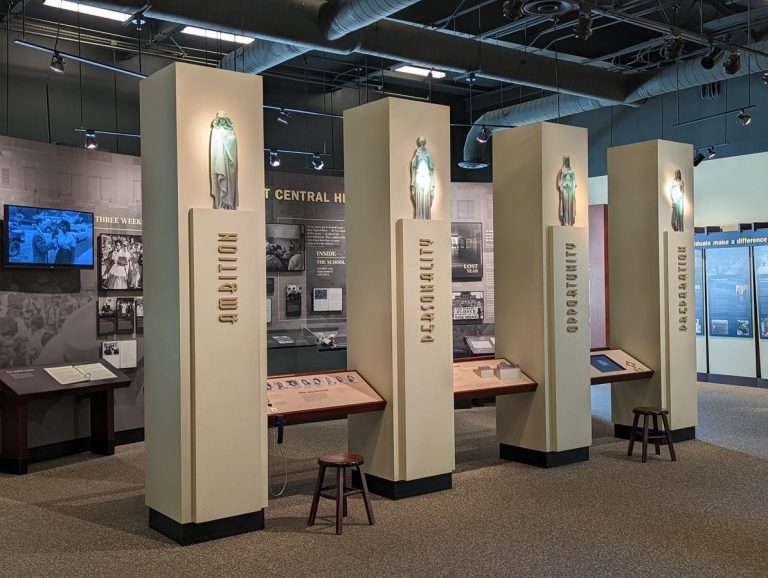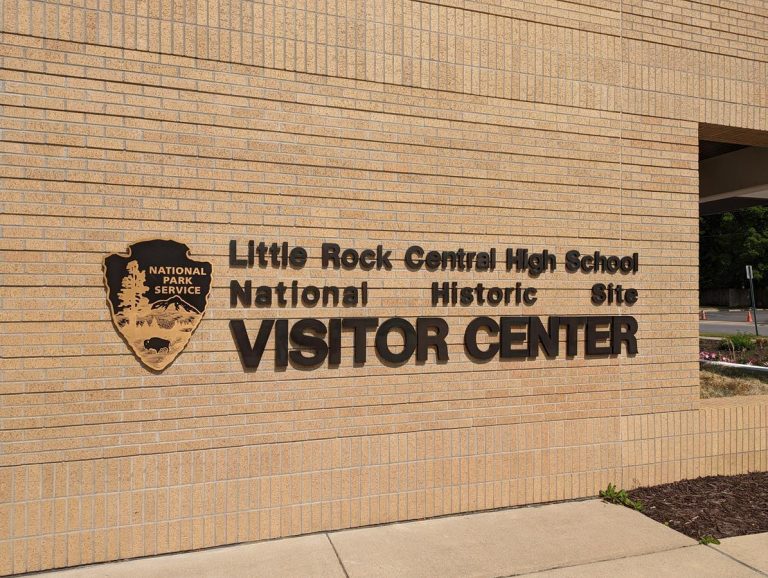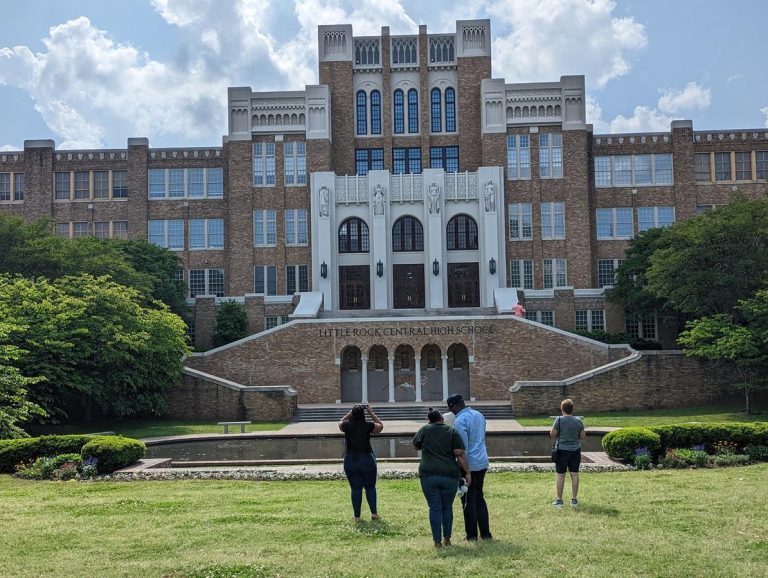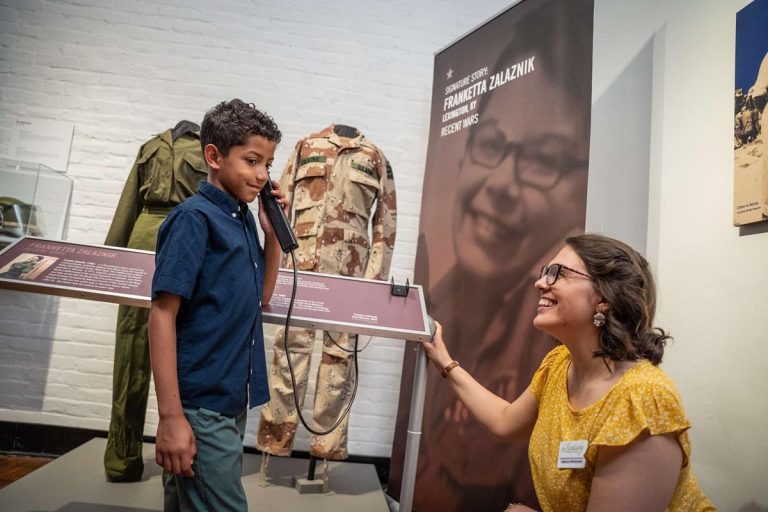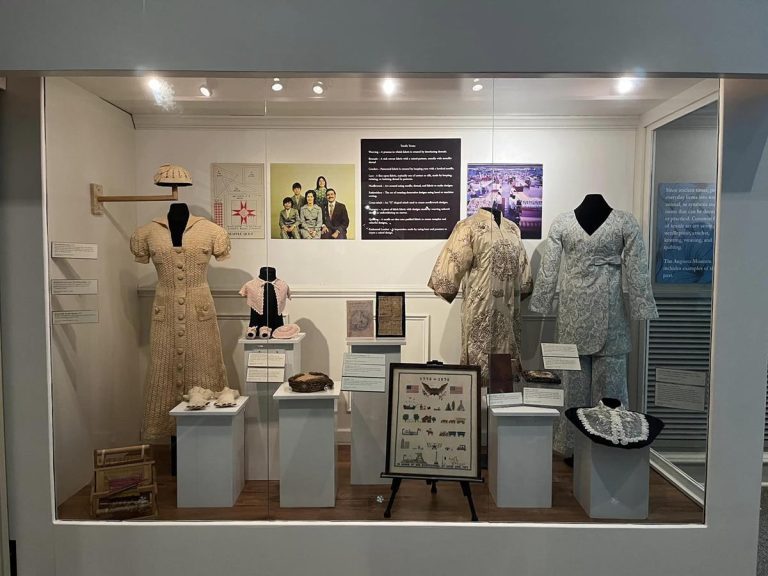In 1957, nine courageous African American students, known as the Little Rock Nine, made history as they were escorted into Little Rock Central High School, a previously all-white institution, marking a pivotal moment in the desegregation of public schools in the United States. The Little Rock Central High School National Historic Site serves as a powerful reminder of this landmark event and its profound impact on the African American Civil Rights Movement.
This site offers a unique educational experience for students and teachers alike, providing insight into the struggles and triumphs of those who fought for equality and justice. Visitors can explore the visitor center, which features engaging exhibits that detail the events leading up to and following the integration of Central High School. Through photographs, personal stories, and historical documents, students will gain a deeper understanding of the challenges faced by the Little Rock Nine and the broader fight for civil rights.
The historic site also includes the original school building, allowing students to witness firsthand the environment in which this significant struggle unfolded. Guided tours led by knowledgeable educators encourage discussion and reflection, helping students connect the past to contemporary issues of equality and social justice.
In addition to the historical exhibits, the site offers educational programs tailored to various grade levels. These programs align with curriculum standards in history and social studies, ensuring that students engage with the material in a meaningful way. Workshops and discussions foster critical thinking, encouraging students to explore the implications of desegregation and the ongoing fight for civil rights in America.
By visiting the Little Rock Central High School National Historic Site, students will not only learn about an essential chapter in American history but also be inspired by the bravery and determination of those who stood up for their rights. This powerful experience encourages students to appreciate the significance of their heritage while instilling a sense of responsibility to advocate for justice and equality in their own communities.


